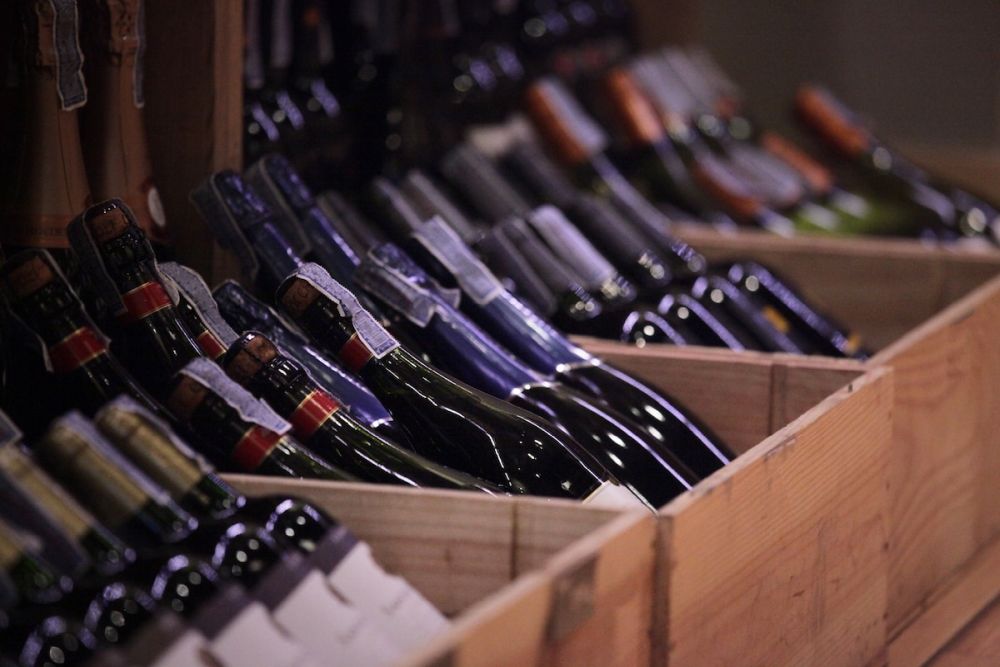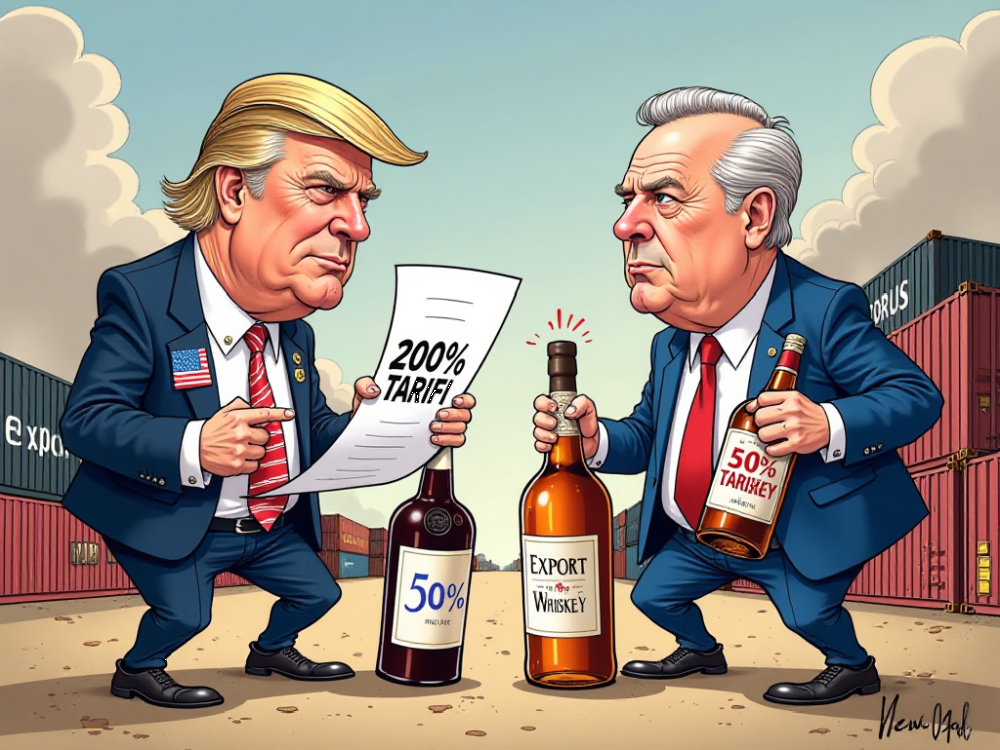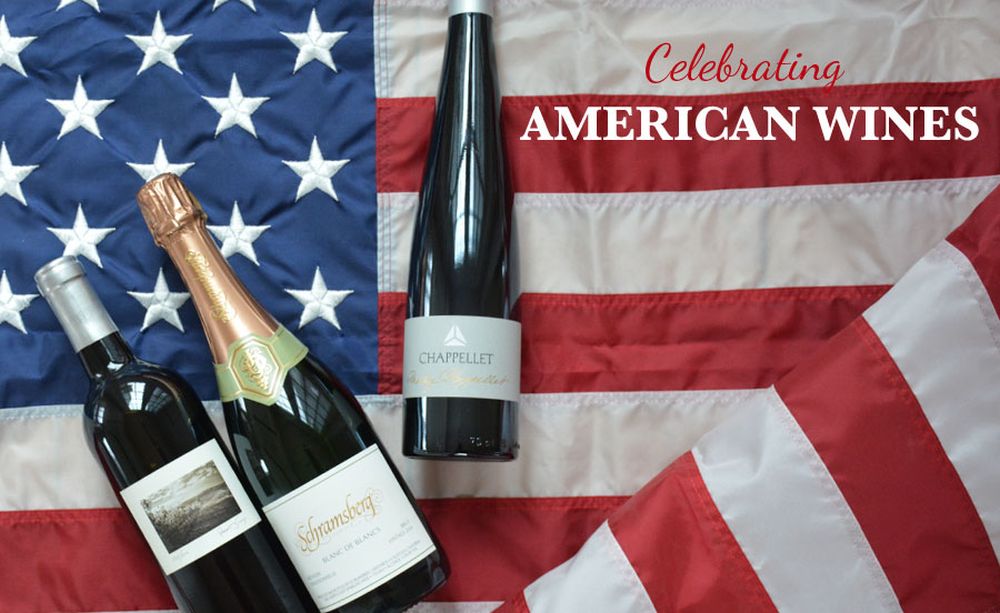The brewing trade war between the United States and the European Union has taken a sharp turn, with President Trump announcing plans to impose a 200% tariff on European alcoholic beverages, including wine and champagne. This move comes as a direct response to the EU’s recent decision to slap a 50% tariff on American whiskey. The escalation has sent shockwaves through the beverage industry, raising concerns over rising prices and economic fallout. European wine producers, especially in France and Italy, fear a significant decline in exports to the US, one of their largest markets. American whiskey makers, already struggling with previous trade restrictions, see this as yet another challenge to their business.

At the heart of this conflict lies a history of tit-for-tat trade policies. The EU’s tariffs on whiskey were introduced as a countermeasure to Trump’s earlier 25% tariffs on European steel and aluminum imports. This trade dispute dates back to Trump’s first presidency when protectionist policies led to economic tensions between the US and its allies. European leaders argue that their tariffs are necessary to protect domestic industries and ensure fair trade practices. However, critics warn that the escalating tariffs will only hurt consumers and businesses, leading to higher costs and reduced market access for both American and European goods.

The repercussions of these tariffs extend beyond the alcohol industry. The hospitality sector, from restaurants to bars, faces price hikes that could hurt sales and profitability. Importers and distributors on both sides of the Atlantic are scrambling to reassess their strategies as uncertainty looms. Some industry experts believe negotiations could defuse tensions before these tariffs take full effect, but political pressures make an immediate resolution unlikely. With elections approaching in the US and shifting dynamics in EU leadership, both sides appear reluctant to back down.

This latest trade dispute underscores the fragile nature of global economic relations. While governments justify these tariffs as measures to protect domestic production, businesses and consumers ultimately bear the brunt of the consequences. Whether this leads to a prolonged trade war or a diplomatic resolution remains to be seen, but for now, the price of enjoying a glass of European wine or a bottle of American whiskey is set to rise.

#TradeWar #USvsEU #AlcoholTariffs #Economy #Whiskey #Wine #Politics
